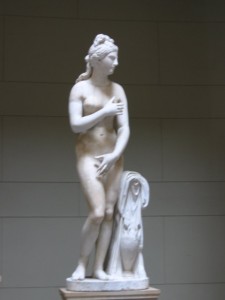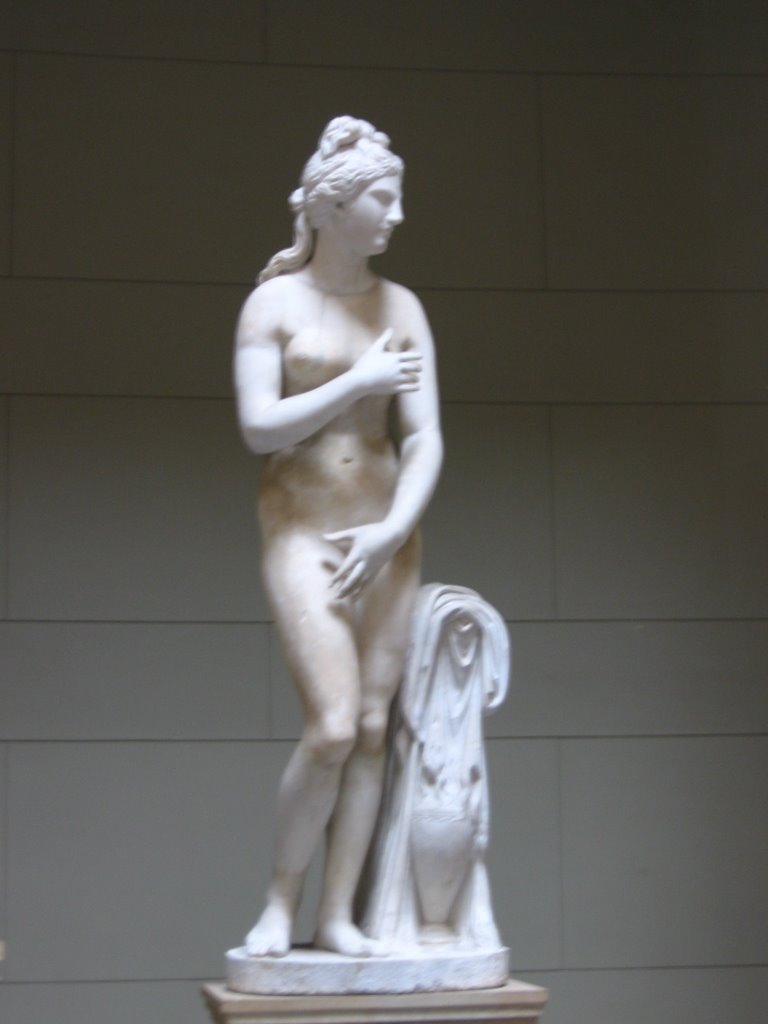
Back to our regular programming (for a bit, at least). I had to count my “art” posts to figure out what day we were on.
In Art and the Bible, Francis Schaeffer started with explaining a biblical justification of art. The second part is entitled “Some Perspectives on Art”, and he lists 11 different perspective that he discusses. He admits this is not exhaustive, but they are helpful ways for a Christian to look at art. I intend to discuss some of them together, but the first one is important enough to discuss alone: The Art Work as an Art Work.
Basically, this is stated as “a work of art has a value in itself”. As I said in previous posts, art has intrinsic value just for beauty’s sake. It does not necessarily have to have external value. That is the biblical perspective: remember the pillar in the temple that was beautifully decorated, but had no utilitarian purpose.
Schaeffer has some advice for an artist, which I think is a key point for novelists/writers of fiction to keep in mind.
How should an artist begin to do his work as an artist? I would insist that he begin his work as an artist by setting out to make a work of art. What that would mean is different in sculpture and poetry, for example, but in all caases the artist should be setting out to make a work of art.
He goes on to discuss the fact that creativity is an act of worship because our God is the ultimate Creator. To create is one of the ways that we are “made in His image”, and just by creating something beautiful, we can honor Him.
Second, an art work has value as a creation because man is made in the image of God, and therefore man not only can love and think and feel emotion, but also has the capacity to create. Being in the image of the Creator, we are called upon to have creativity.
We all manifest this creativity differently. Some creatively solve math problems, or build houses. Creativity is not limited to the artist. We all walk in creativity, even if we all don’t feel that we create art. But art is an obvious act of creation.
Sometimes we do lose the the idea of art having value intrinsically. Schaeffer criticizes evangelicals when he says:
I am afraid, however, that as evangelicals we have largely made [this mistake]. Too often we think that a work of art has value only if we reduce it to a tract. This too is to view art solely as a message for the intellect.
Tomorrow I’ll talk about three perspectives regarding this idea of art as art.
